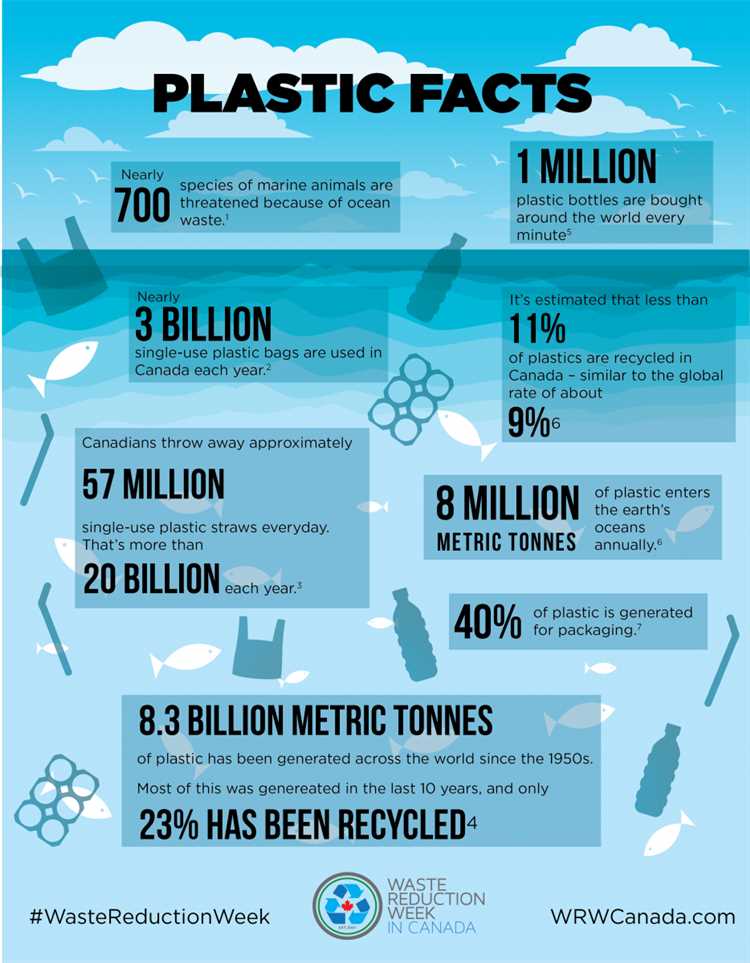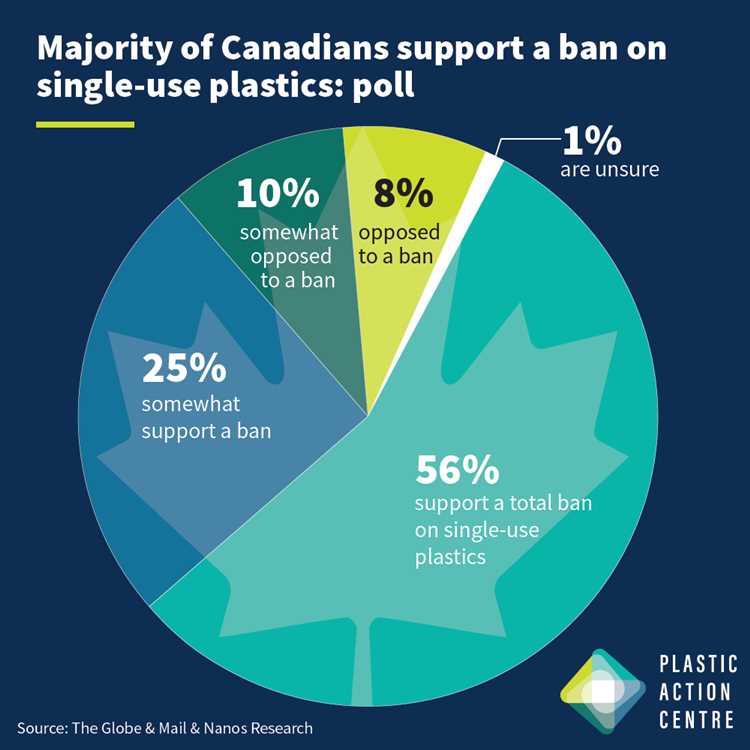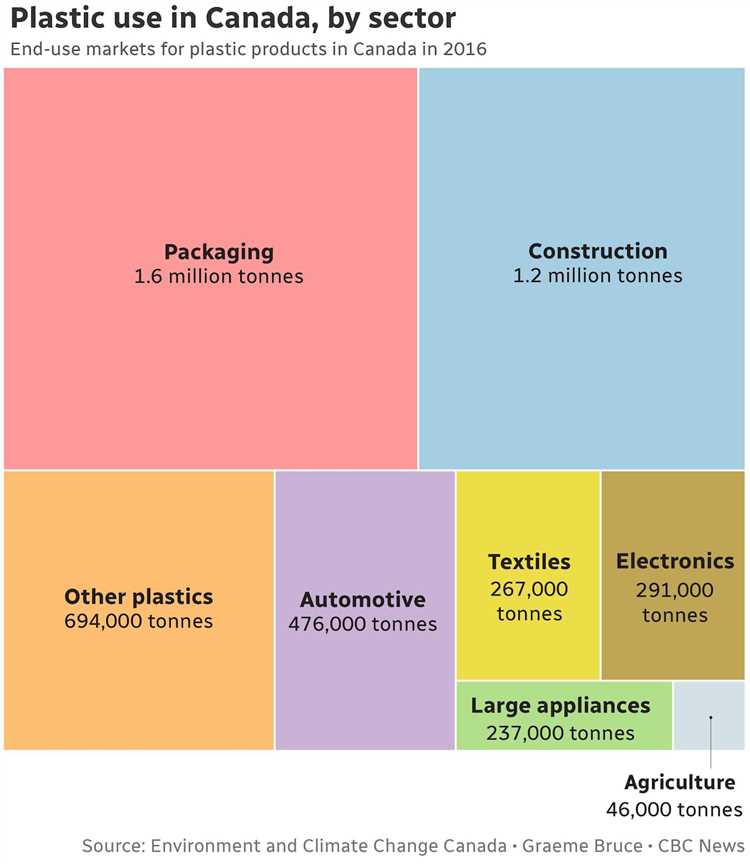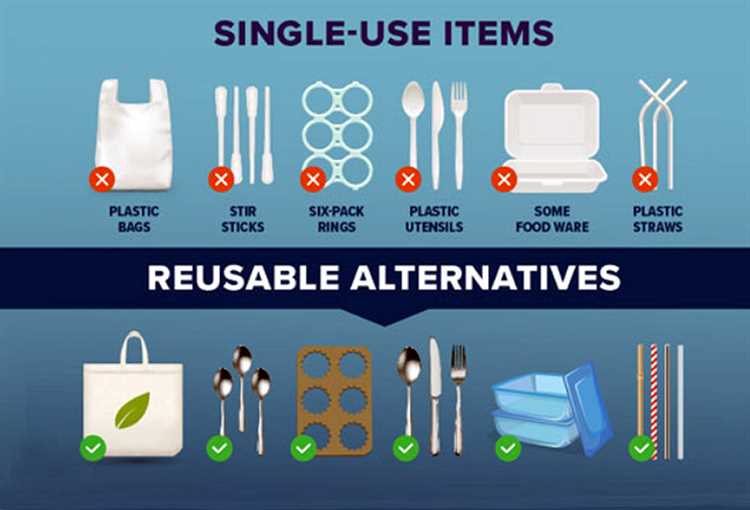In recent years, there has been a growing concern about the environmental impact of plastic bags. Many countries around the world have taken steps to reduce their usage and promote more sustainable alternatives. One of the countries at the forefront of this movement is Canada.
Canada has been making significant efforts to tackle the plastic bag problem. In 2018, the country announced its commitment to banning single-use plastics, including plastic bags, by 2021. This decision was based on the recognition that these bags are a major source of pollution and harm to wildlife, particularly in aquatic environments.
The ban on plastic bags in Canada has gained traction and support from both the government and the public. Provincial and municipal governments across the country have implemented their own bans or regulations on plastic bags, while individuals and businesses have been encouraged to switch to reusable or biodegradable alternatives.
Despite these efforts, the implementation of a nationwide ban on plastic bags in Canada has faced some challenges. There have been debates and discussions about the feasibility and effectiveness of such a ban, as well as concerns about the potential economic impact on businesses. However, the overall momentum and commitment towards reducing plastic waste in Canada remain strong.
In conclusion, Canada is taking significant steps towards banning plastic bags and addressing the issue of plastic pollution. While there may be challenges and debates along the way, the country’s commitment to a more sustainable future remains steadfast.
- Is Canada Banning Plastic Bags?
- Benefits of Banning Plastic Bags
- Challenges and Opposition
- Current State of Plastic Bag Regulation in Canada
- Provincial Regulations
- City-Level Regulations
- Proposed Ban on Single-Use Plastic Bags in Canada
- Environmental Impact of Plastic Bags
- Plastic Bag Bans in Canadian Cities
- Nationwide Ban Proposal
- Environmental Impact of Plastic Bags
- Question-answer:
- Is Canada banning plastic bags?
- When will the ban on plastic bags be implemented in Canada?
- Why is Canada banning plastic bags?
- What are the alternatives to plastic bags?
- What other single-use plastics are being banned in Canada?
- Is Canada banning plastic bags?
- Why is Canada banning plastic bags?
Is Canada Banning Plastic Bags?

Plastic pollution has become a significant global issue, prompting many countries to take action and implement measures to reduce the use of single-use plastics. Canada is among the nations that have recognized the urgency of reducing plastic waste and its impact on the environment.
In 2019, the Canadian government announced its plan to ban single-use plastics, including plastic bags, by 2021. The goal is to reduce plastic waste and increase recycling rates across the country. This decision aligns with Canada’s commitment to fighting climate change and protecting the environment.
The ban on plastic bags would encourage Canadians to switch to more sustainable alternatives, such as reusable bags made from cloth or other eco-friendly materials. It would also promote a shift in consumer behavior, encouraging people to be more conscious of their plastic consumption and take steps to reduce it.
Benefits of Banning Plastic Bags
Banning plastic bags would have several benefits for Canada and the environment. Firstly, it would significantly reduce the amount of plastic waste that ends up in landfills and natural ecosystems. Plastic bags can take hundreds of years to decompose, releasing harmful toxins into the environment during this process.
Secondly, the ban would encourage the development of more sustainable alternatives, boosting innovation in the production of eco-friendly bags. This would create new opportunities for Canadian businesses and support the growth of a greener economy.
Challenges and Opposition
While the ban on plastic bags has received widespread support from environmentalists and citizens concerned about the state of the planet, it has faced some opposition. Critics argue that the ban may have unintended consequences, such as an increased demand for alternative products that could themselves have negative environmental impacts.
Some argue that implementing a ban on plastic bags would disproportionately affect certain groups, such as low-income families who rely on single-use plastic bags for their shopping needs. These concerns highlight the importance of ensuring that any ban or regulation is implemented in a way that considers the needs and circumstances of all Canadians.
Despite these challenges, the move towards banning plastic bags in Canada is an important step in the fight against plastic pollution. It sends a clear message that action needs to be taken to protect our environment for future generations.
Conclusion:
The proposed ban on plastic bags in Canada reflects the country’s commitment to tackle plastic pollution and reduce its environmental impact. While there are challenges and opposition to consider, the benefits of reducing plastic waste and promoting sustainable alternatives make this a crucial step towards a greener and cleaner future.
Current State of Plastic Bag Regulation in Canada
Plastic bag pollution has become a major concern worldwide, and Canada is taking steps to address this issue. Various provinces and cities across the country have implemented regulations and policies aimed at reducing the use of plastic bags and promoting more sustainable alternatives.
Provincial Regulations
Several provinces in Canada have introduced regulations that either ban or limit the use of plastic bags:
| Province | Regulation |
|---|---|
| British Columbia | Banned single-use plastic bags in all retail stores. |
| Prince Edward Island | Banned single-use plastic bags in all retail stores. |
| Quebec | Banned single-use plastic bags in several municipalities. |
| Manitoba | Implemented a plastic bag fee, encouraging customers to bring their own reusable bags. |
City-Level Regulations
In addition to provincial regulations, several cities in Canada have also implemented their own plastic bag restrictions:
- Toronto: Banned single-use plastic bags in retail stores.
- Vancouver: Banned single-use plastic bags in retail stores.
- Montreal: Banned single-use plastic bags in retail stores.
These are just a few examples of the regulations in place across Canada. Many other cities and provinces are considering similar measures to reduce plastic bag waste. It is important for individuals and businesses to stay updated on the latest regulations and to actively seek out more sustainable alternatives to plastic bags.
Proposed Ban on Single-Use Plastic Bags in Canada
Canada is considering a nationwide ban on single-use plastic bags as part of its efforts to reduce plastic waste and promote environmental sustainability. The proposed ban aims to address the significant environmental impact caused by the production, use, and disposal of plastic bags.
Environmental Impact of Plastic Bags

Plastic bags are a major contributor to pollution and plastic waste. They are not biodegradable and can persist in the environment for hundreds of years. The improper disposal of plastic bags leads to them ending up in landfills, oceans, and other natural habitats, causing harm to wildlife and marine ecosystems.
The production of plastic bags also contributes to greenhouse gas emissions and relies heavily on fossil fuels. By banning single-use plastic bags, Canada aims to reduce its carbon footprint and mitigate the effects of climate change.
Plastic Bag Bans in Canadian Cities
Several Canadian cities and provinces have already implemented their own bans or restrictions on single-use plastic bags. For example, in 2021, Montreal implemented a ban on single-use plastic bags in retail stores, and Vancouver has also proposed a ban that is planned to come into effect in the near future.
These local initiatives have demonstrated the feasibility and effectiveness of banning plastic bags in reducing plastic waste and promoting sustainable alternatives. They have also raised awareness among Canadians about the need to reduce their reliance on single-use plastics.
Nationwide Ban Proposal

The proposed nationwide ban on single-use plastic bags in Canada would standardize the regulations across the country and ensure that all Canadians are encouraged to adopt more sustainable practices. The ban would likely specify alternatives to single-use plastic bags, such as reusable bags or compostable bags made from natural materials.
The ban would not only have environmental benefits but also economic advantages. It would create opportunities for the development and production of alternative packaging materials and promote innovation in the industry.
While the proposed ban has garnered support from environmental groups and many Canadians, there are also concerns regarding its potential impact on businesses, particularly small retailers. Discussions are underway to address these concerns and ensure a smooth transition to alternative packaging solutions.
- Plastic bag bans in Canada aim to reduce plastic waste and promote environmental sustainability.
- Single-use plastic bags have a significant environmental impact and are not biodegradable.
- Several Canadian cities and provinces have already implemented their own bans or restrictions on plastic bags.
- A nationwide ban would standardize regulations and promote sustainable alternatives.
- The ban would have economic benefits and promote innovation in the packaging industry.
- Discussions are underway to address concerns and ensure a smooth transition for businesses.
Environmental Impact of Plastic Bags

Plastic bags have significant environmental consequences due to their production, use, and disposal. Here are some key aspects of their impact:
- Global Warming: Plastic bags are made from fossil fuels, primarily natural gas and petroleum. The extraction and processing of these non-renewable resources release large amounts of greenhouse gases, contributing to global warming and climate change.
- Resource Depletion: The production of plastic bags requires the use of oil and natural gas, which are finite resources. The extraction and extraction processes involved in obtaining these resources can have destructive impacts on ecosystems, wildlife, and local communities.
- Marine Pollution: Plastic bags are one of the major contributors to marine pollution. When improperly disposed of, they often end up in rivers, lakes, and oceans. Marine animals and birds can mistake plastic bags for food, leading to ingestion and entanglement, which can be fatal.
- Litter: Plastic bags are notorious for their littering potential. They are lightweight and can easily be carried by the wind, spreading across landscapes and becoming an eyesore for communities. The accumulation of plastic bag litter not only harms the aesthetic appeal of an area but also poses risks to wildlife and ecosystems.
- Landfill Space: Plastic bags are not easily biodegradable. When sent to landfills, they occupy valuable space and can take hundreds of years to decompose. This puts pressure on already limited landfill capacity and contributes to the accumulation of waste.
- Microplastic Pollution: Over time, plastic bags break down into smaller pieces known as microplastics. These microplastics can enter the soil and water, affecting ecosystems and potentially entering the food chain. The long-term effects of microplastic pollution on wildlife and human health are still being researched.
Considering these environmental impacts, many countries and municipalities around the world are taking actions to reduce or ban the use of plastic bags in order to protect the environment and promote sustainable alternatives.
Question-answer:
Is Canada banning plastic bags?
Yes, Canada is implementing a ban on single-use plastic bags.
When will the ban on plastic bags be implemented in Canada?
The ban on plastic bags will be implemented in Canada by the end of 2021. Each province and territory will have the flexibility to establish their own timelines for the ban.
Why is Canada banning plastic bags?
Canada is banning plastic bags in order to reduce plastic waste and pollution. Plastic bags are a major source of litter and can harm wildlife and marine ecosystems.
What are the alternatives to plastic bags?
There are several alternatives to plastic bags, such as reusable cloth bags, paper bags, and biodegradable bags made from materials like cornstarch.
What other single-use plastics are being banned in Canada?
In addition to plastic bags, Canada is also planning to ban other single-use plastics, including plastic straws, cutlery, and stir sticks. The goal is to reduce plastic waste and encourage the use of more sustainable alternatives.
Is Canada banning plastic bags?
Yes, Canada is taking steps to ban single-use plastic bags. In June 2019, the Canadian government announced its plan to ban harmful single-use plastics, including plastic bags, as early as 2021.
Why is Canada banning plastic bags?
Canada is banning plastic bags to reduce environmental pollution. Plastic bags are a significant contributor to plastic waste and can take hundreds of years to break down. By banning plastic bags, Canada aims to reduce plastic pollution and promote a more sustainable future.
